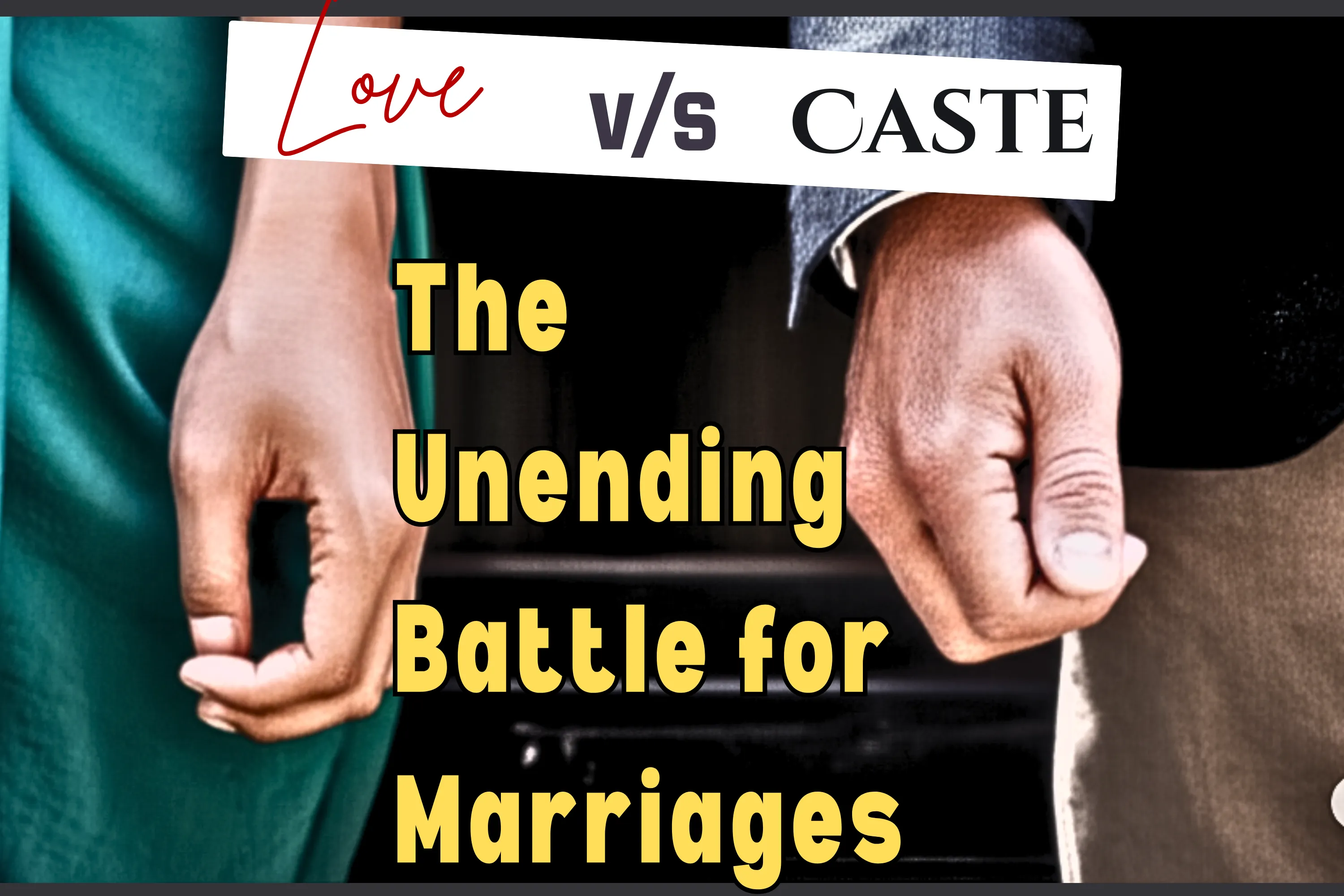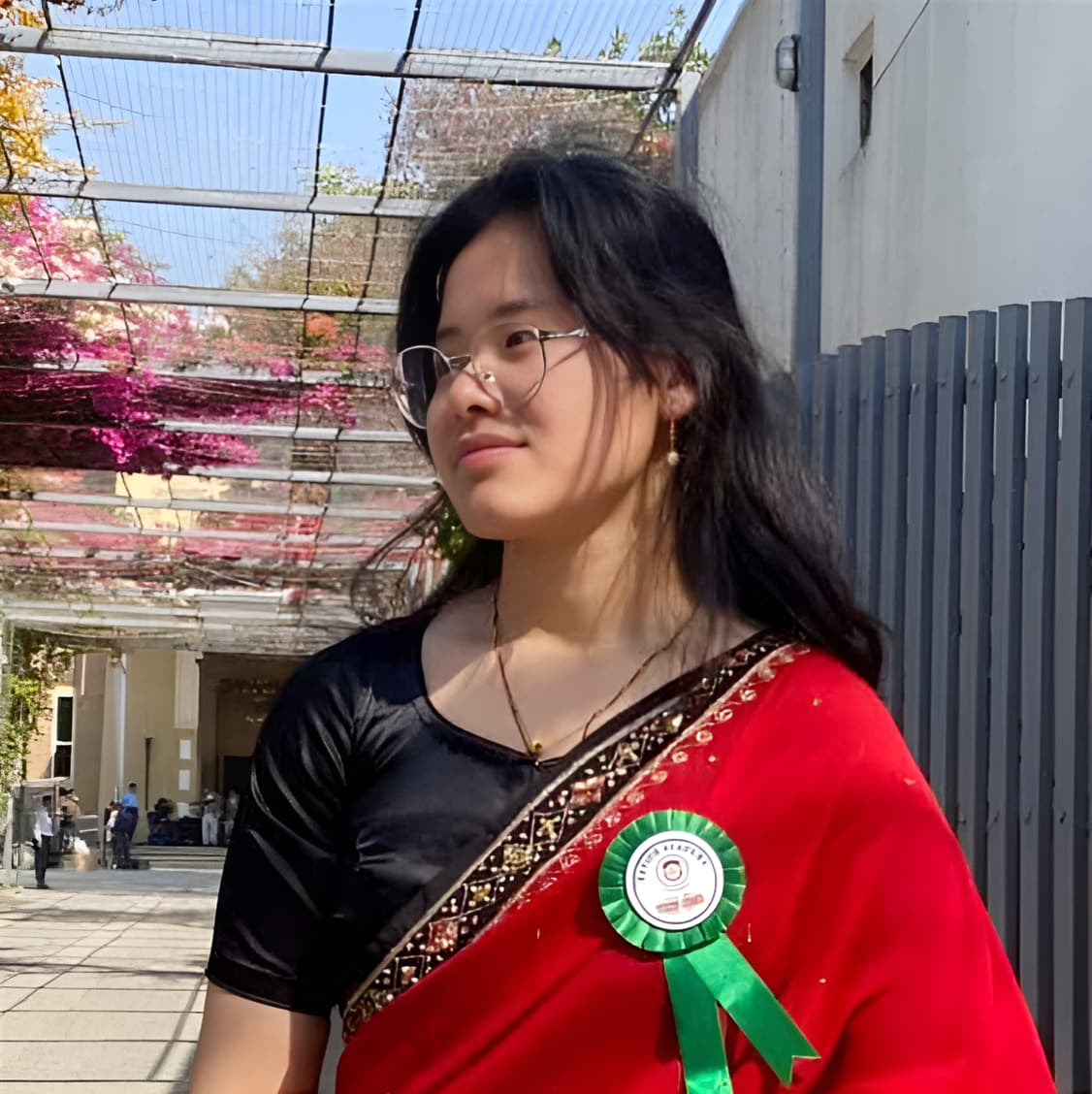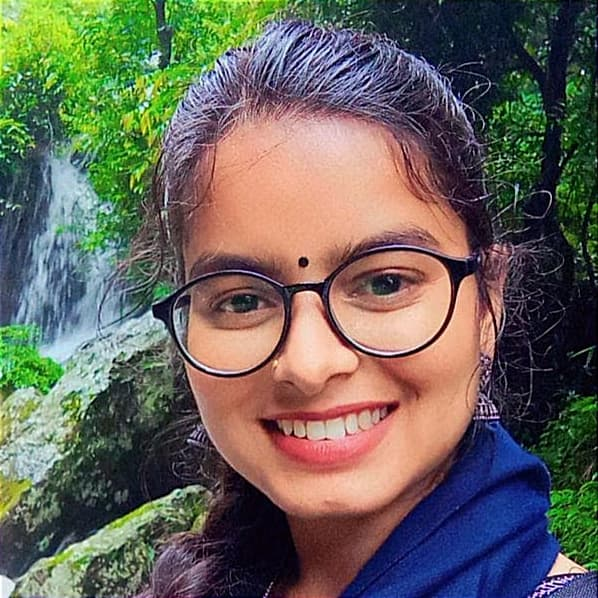Introduction


Shortcuts
Why Marriage?

Marriage doesn't make sense if you look at it rationally because you don’t need to commit or arrange an event to tell yourself that you will be with the person you love. It either shows that you don’t trust yourself or that person. But when you try looking at it keeping the entity called society and its rules you can get the sense of why it exists. As marriage in many countries gives you the societal freedom of reproducing ,sharing a common home and living together. And that’s what you want to do with the person you love with all its meaning.
Why?: History about authority of caste



Problems: Cost of individual Choice


Valuable Opinions
I strongly agree that no one, especially not family or society, should have the right to say on such a personal decision. The comparison between caste and “surname” felt particularly relevant, and I believe this shift in mindset is crucial. Love is rare and beautiful, and it’s heartbreaking to see that so many are denied because of old, baseless prejudices.
I truly believe this article embarks insightful reality upon how differences in the caste system have dragged us "humans" behind and also it takes the courage to rise above deeply rooted societal divisions. I perceive love blossoms in freedom, not in fear of social boundaries. Compassion and understanding make a marriage - not caste. Perhaps, intercaste marriage is not an act of rebellion; in fact, it is a quiet revolution of harmony. The day we rise above these orthodox ideologies, we make humanity rise above hierarchy.
As a counseling psychologist, I witness the pain many individuals carry simply because they found love beyond the boundaries of caste.
In Nepal, intercaste marriage is still seen by many as a transgression, not a union.
I have worked with clients and sat down with friends who are torn between their love and their families. They often feel the weight of shame, fear, and abandonment not because they’ve done something wrong, but because society refuses to see their love as valid.
The emotional toll is deep: anxiety, guilt, impoverished identity, and the heartbreak of being made to choose between belonging and truth.
I believe no one should be punished for love. As societies and communities, we need to create spaces where love is not judged by caste, but honored for its sincerity, and where the pain of those who’ve been rejected for loving freely is deeply heard, held, and healed.
Inter-caste marriage is a powerful way to end caste discrimination in Nepal. Nepal, being a land of diverse and beautiful cultures, teaches us the value of “unity in diversity” from a young age. However, as I grew older, I began to notice the indirect forms of discrimination that still exist in our society. To truly treat everyone equally, we must first learn to see each other as human beings above all else. Inter-caste marriages can play a key role in fostering this mindset. They allow us to experience and appreciate cultures different from our own, which leads to greater cultural tolerance and mutual respect. As a society, this understanding helps us grow and make development plans that are inclusive and respectful of all communities. When everyone’s values and opinions are acknowledged, there is less resistance and more cooperation, leading to smoother progress.

Smarika Pathak
Student
I strongly oppose the practice of considering caste in marriage decisions as I view marriage as a bond built on emotional and intellectual connection, rather than caste considerations.It’s disheartening that even today, long-term relationships are broken because of the fear that society won’t accept inter-caste marriage such a mindset is truly regressive.I strongly believe that we, the younger generation, have the power to change this mindset if we choose to reject caste-based discrimination disguised as tradition and custom.
Future: Hope & Change










